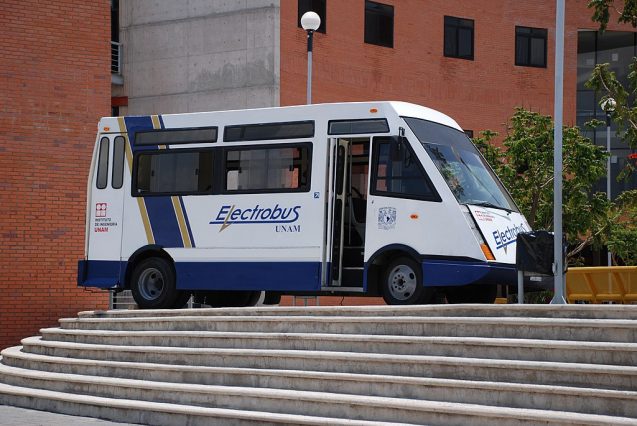Over the last 10 years, momentum has been building in cities across Africa to decarbonize the transportation sector. But while the focus to date has been on electrifying cars, motorcycles, and public bus systems, most of the populations in these cities rely on a different way of getting around— minibuses.
Minibuses make up about 30 percent of all vehicles on the road in most African cities and are often classified as an “informal” or “popular” mode of transportation, due to their operation by self-employed individuals rather than permitted providers. This distinction is, in part, why some transportation planners have prioritized replacing minibuses with other modes of transportation, rather than electrifying them.
A recent report co-authored by the Columbia Climate School’s Center for Sustainable Urban Development challenges that approach by evaluating the potential for minibus electrification in three African cities—Nairobi, Kenya; Cairo, Egypt; and Cape Town, South Africa. In each one, the researchers found that electric minibuses have the potential to deliver profound public health and environmental benefits—but, without targeted support, their successful implementation is far from a guarantee.
The report was informed by interviews with 21 practitioners working in the electric vehicle space and developed in partnership with researchers from the Law School at the University of Nairobi, the Center for Transport Studies at the University of Cape Town, and Transport for Cairo.
What’s at stake
Many African countries currently import the vast majority—as much as 95 percent—of their cars and buses second-hand from the United States, Europe, and Japan. In addition to the safety concerns that come with the age and quality of these used vehicles, they run almost exclusively on fossil fuels, perpetuating the emission of planet-warming greenhouse gases. Transportation is the fastest-growing source of carbon dioxide emissions in the world, and as African cities expand and industrialize, the continent’s emissions from transportation are increasing at a rate of 7 percent per year.







